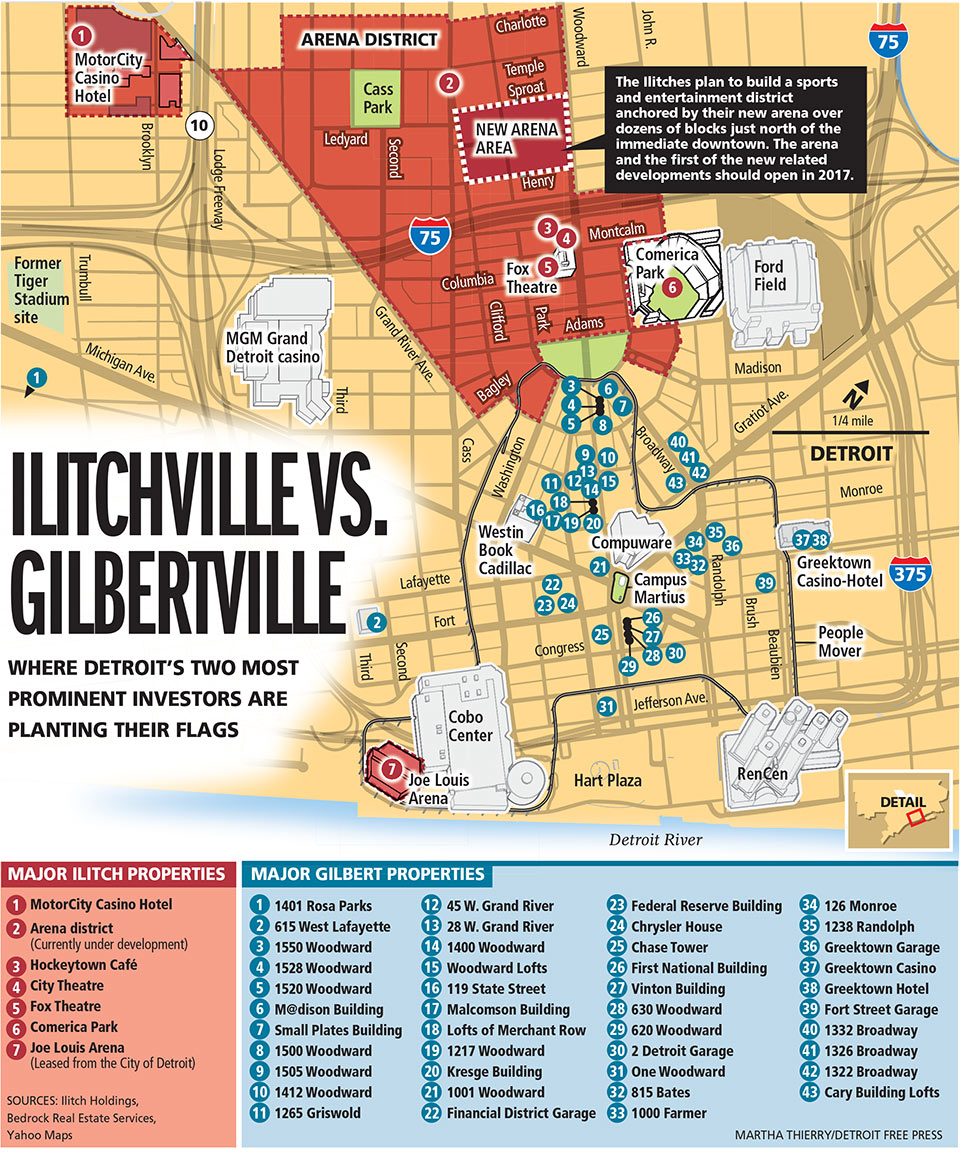You can’t spell gentrification without gentry
Gentrification, depending on who’s discussing it, is a lot like pornography: You know it when you see it.
But finding a hard-and-fast definition is difficult. In general, it refers to neighborhoods rising in status and attracting wealthier residents, whose very presence changes it for long-time residents. New businesses move in, rents rise, and perhaps property taxes, sending renters in search of less-expensive apartments and owners in search of relief (or a cash windfall on their suddenly desirable properties).
Whether you consider gentrification market-driven improvement, sharp-elbowed displacement, or something in between, is mainly a matter of interpretation.
The process can be fast or slow, the changes subtle or dramatic. Neighborhoods like Chicago’s Wicker Park were transformed from crime-ridden to urban-upscale in just a few years. Brooklyn, once a borough of New York City known for ethnic working-class neighborhoods, grows more affluent by the year, in part driven by former Manhattanites fleeing staggeringly high living costs.
Director Spike Lee, whose films often celebrated the Brooklyn of his youth, made news early this year with an expletive-spiced rant on the subject, complaining about newcomers to his old Brooklyn neighborhood whining about his jazz-musician father’s music. That led a New York Daily News writer to defend the inexorable nature of urban evolution:
"Over the decades, neighborhoods throughout the five boroughs have gone from being Irish Catholic to Italian Catholic; from Eastern European Jewish to Chinese; from Puerto Rican to Russian; from white to East Indian to African immigrant to Hasidic Jewish; from black, and one economic strata, to black, and another strata. Nobody replaces deer and blades of grass. Everyone replaces someone."
So it is in Detroit, where neighborhoods have changed their ethnic makeup, though nearly all in one direction over the past 50 years, attracting African Americans to vast expanses of the city that were previously closed to them.
While gentrification, and its discontents, will continue to be debated in faded apartments and no-cruelty probiotic tattoo spas across this changing city, a workable solution will emerge only when those in warring camps find common (perhaps rent-stabilized) ground.
As even Joshua Greenman, the self-described hipster who took on Spike Lee, acknowledged, “economic change brings growing pains,” making housing for residents with more modest incomes unaffordable. That, he said, “should deeply trouble most of us.”
See what new members are saying about why they donated to Bridge Michigan:
- “In order for this information to be accurate and unbiased it must be underwritten by its readers, not by special interests.” - Larry S.
- “Not many other media sources report on the topics Bridge does.” - Susan B.
- “Your journalism is outstanding and rare these days.” - Mark S.
If you want to ensure the future of nonpartisan, nonprofit Michigan journalism, please become a member today. You, too, will be asked why you donated and maybe we'll feature your quote next time!


 Your views on gentrification may depend on how, and where, you take your coffee.
Your views on gentrification may depend on how, and where, you take your coffee. As coffee houses, industrial lofts and gastropubs pop up across greater downtown Detroit, the city’s two major empire builders – Dan Gilbert and Mike Ilitch – are planting flags across entire neighborhoods, as this graphic from the Detroit Free Press shows. Credit: Martha Theirry/Detroit Free Press.
As coffee houses, industrial lofts and gastropubs pop up across greater downtown Detroit, the city’s two major empire builders – Dan Gilbert and Mike Ilitch – are planting flags across entire neighborhoods, as this graphic from the Detroit Free Press shows. Credit: Martha Theirry/Detroit Free Press.